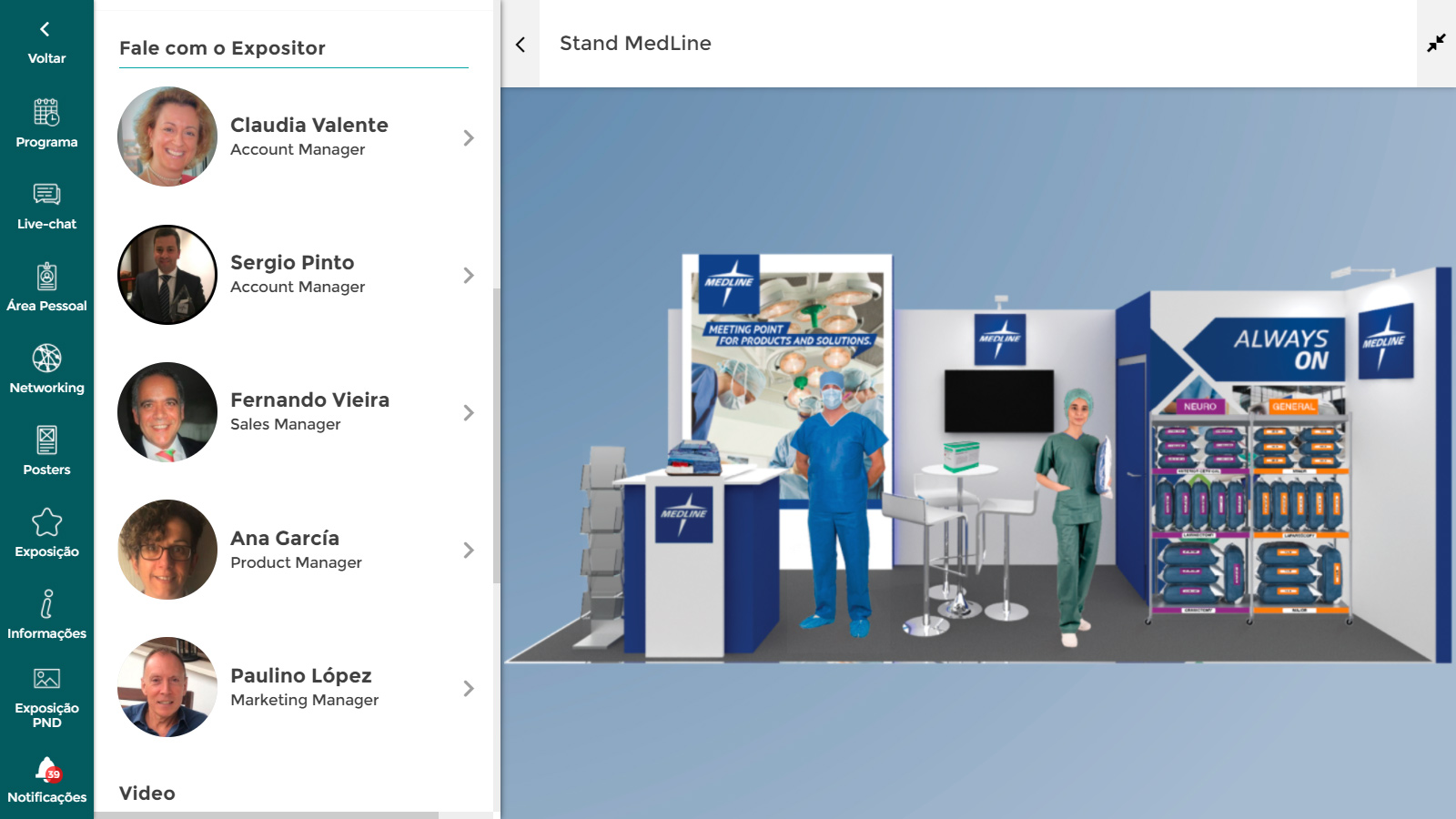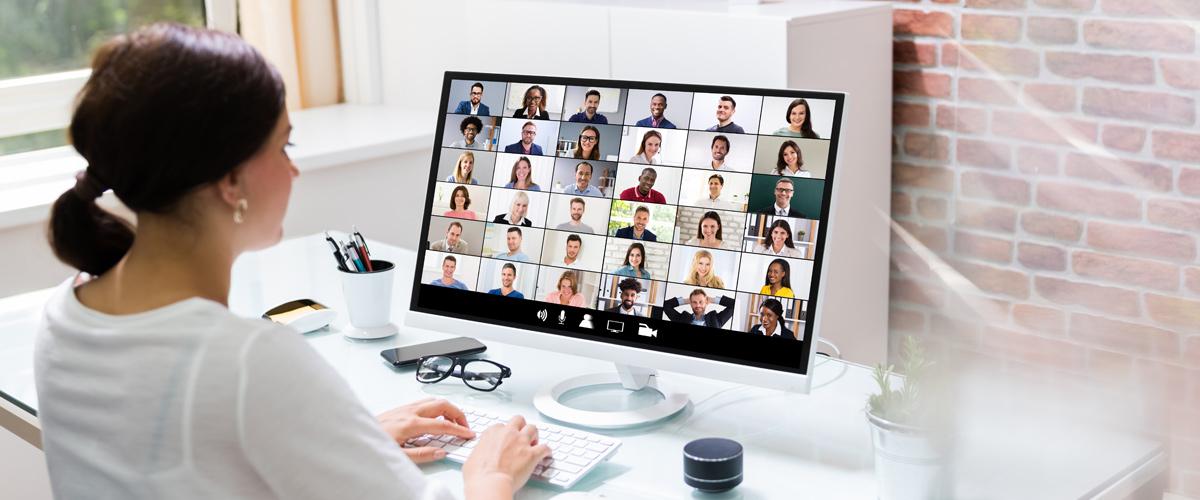In the years before the pandemic, we all became familiar with online meetings in our job environment, while conducting most of our other professional activities in-person. Of course, even in the past, many people had opinions on the pros and cons of virtual vs physical meetings. And this is all set against the backdrop of our lives becoming more and more digital, with the virtual experience infiltrating everything, every day: social media, chat apps, leisure, culture, banking transactions and investments, learning, relationship … all in a virtual environment.
In the spring of this year, as a consequence of the pandemic, all medical conferences scheduled for 2020 were either postponed until 2021 or rescheduled as virtual conferences and symposiums. That is in addition to meetings with hospital clinicians being prohibited in many countries, or limited to situations where meetings are absolutely necessary.
Advantages vs disadvantages
In this context, COVID-19 was as an accelerator in making webinars, as well as streaming and broadcasting platforms, more popular as viable alternatives to in-person events. These media-driven solutions made it possible for us to continue having effective communication externally with our market and customers, and internally with personnel. However, there are pros and cons to consider when comparing virtual meetings with in-person customer-related events.
Advantages of virtual meetings:
- Elimination of geographic and time barriers
- Reduced costs
- Increased reach/participant participation
- Increased networking opportunities
- Reduced (or eliminated) environmental impact
Disadvantages of virtual meetings:
- Technical difficulties
- One-way body language communication
- No environmental control
- No or limited audience interaction
- Lessened ‘experience factor’
Hybrid events
Besides the factors listed above, the key power of in-person meetings is fostering relationships based on personal interaction. With COVID still here, there’s no choice but to hold events virtually, but what about after COVID has disappeared? Experts guess that hybrid events, combining the best of both the virtual and physical worlds, will be the balanced formula to reach the most people. These types of events account for those who need a more flexible experience and those who crave an in-person, extended experience, while delivering more outputs, fewer costs, less environmental impact, less exclusivity and more interaction.
Preparing for our first experience
In November, Medline Iberia participated in our first virtual medical conference experience. It was held ‘in’ Portugal for the AESOP Congress – National Congress of Operating Room Nurses, from 12 to 13 November 2020. During the event, Medline hosted an OR Efficiency Symposium using a mixed formula of pre-recorded video presentations plus online interaction with attendees.
The online platform allowed us to have controlled interaction with conference attendees who wanted to ‘visit’ the Medline booth, and it offered menu contents like sales delegates, videos, PDFs, questionnaires, booth ‘hotspots’ with links to extended content, a conference chat, a programme with speakers’ profiles and more.


Hosting a virtual experience is a learning process that involves how to best exhibit your information, the right support, teamwork, and pushing yourself and your team to become more competitive. We hope that by sharing our experiences with you, we can help you learn and grow now and in the future!


Paulino López
Regional Marketing Manager, Medline Iberia
Paulino is a biologist, musician, triathlete and family man who, after a 30-year career in the healthcare industry, works as a marketing manager. The combination of an MBA and degree in biology functions as a catalyst for the development of his marketing and regulatory leadership. Learn more on LinkedIn.




